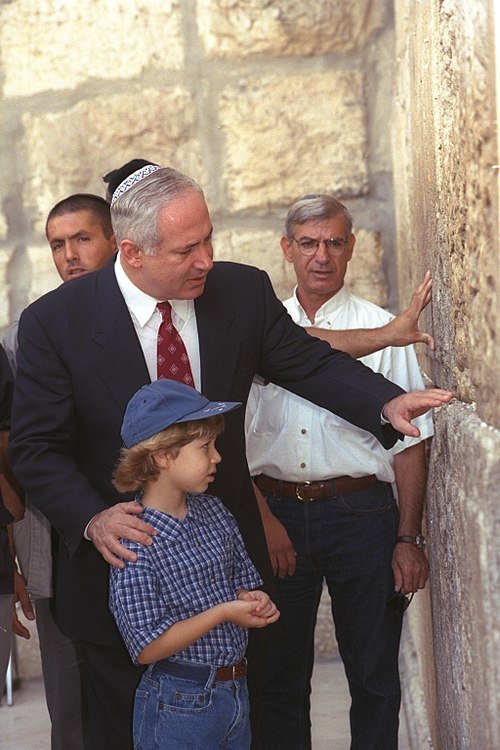Trump’s Middle East Tour: Arms Deals, Silent Allies, and Shifting Power
In a week of sword dances, secretive summits, and shifting alliances, President Donald Trump’s surprise Middle East tour stunned the world—not for where he went, but for where he didn’t.
He met with Saudi Arabia’s Crown Prince Mohammed bin Salman. He shook hands with Syria’s new transitional leader. He talked oil, arms, investment, and “stability.” But he didn’t stop in Israel.
That absence is now making headlines.
A $142 Billion Handshake in Riyadh
Trump arrived in Riyadh to fanfare: jets painted in red, white, and blue flew overhead; dancers with swords welcomed him at the palace. This was not a courtesy call—it was business. A $142 billion arms deal was signed, including missile defense systems and naval upgrades. In return, Saudi Arabia committed $600 billion in long-term investments in American infrastructure and energy technology.
“The Saudis are putting America first—and we’re making history,” Trump told reporters at a press briefing beside bin Salman. “This is how peace is built. With strength, and with deals.”
The Crown Prince, relaxed but direct, framed it differently.
“We’re not looking back. The future of the region is being shaped today—with cooperation, not ideology,” said Mohammed bin Salman.
But the visit wasn’t just transactional. It carried symbolic weight: a signal that Trump is recalibrating America’s role in the region—and rewriting the power map on his own terms. https://3narratives.com/tariffs-truces-and-tensions/
Sanctions Lifted, Syria Rebooted
The shock came 48 hours later when Trump was photographed stepping onto Syrian soil—greeted not by Bashar al-Assad, but by Ahmed al-Sharaa, the moderate former diplomat who rose to power after Assad’s ousting last year. Their meeting was brief but bold.
“We’re done punishing people for yesterday’s war—it’s time to build tomorrow,” Trump declared. “We are lifting sanctions.”
Though the White House claimed it was a humanitarian gesture aimed at aiding postwar recovery, critics argue it’s a blatant power grab—opening up oil and reconstruction contracts to American firms while giving Syria a fast track to regional legitimacy.
Opportunistic or visionary, the message was clear: Trump will work with anyone who signs a deal.
Why Trump Skipped Israel?
While Trump was touring palaces and press rooms in Riyadh and Damascus, Israel’s leadership waited. And waited.
He never came.
Prime Minister Benjamin Netanyahu, visibly tense during a Knesset briefing, responded with a single quote:
“We value our allies, but Israel does not chase anyone.”

The absence sparked a wave of speculation: Is Trump sidelining Israel to secure stronger ties with Arab powers? Was Netanyahu’s hardline Gaza policy—now globally condemned—a bridge too far even for Trump? Or was this a negotiating tactic, a public cold shoulder before a private reconciliation?
Analysts point to growing tensions between Trump and Netanyahu over U.S. support for a Palestinian state—something Saudi Arabia has now made a “non-negotiable” condition for any broader Arab-Israeli normalization.
By not going to Jerusalem, Trump may have preserved the optics of unity in Riyadh. But at what cost?
The Third Narrative: Yours
Trump’s tour was filled with dramatic images, historic headlines, and unanswered questions. The deals with Saudi Arabia and Syria look like triumphs—on paper. But the silence toward Israel raises alarms about what’s shifting behind the scenes.
Is this realignment? Retaliation? Or simply Trump being Trump—rewriting the rules to suit his next big deal?
That’s for you to decide.
Sources
- The Guardian: US and Saudi Arabia sign $142bn arms deal
- Wall Street Journal: Trump to Lift Sanctions on Syria
- Al Jazeera: Saudi Arabia Rejects Gaza Takeover Plan
- AP: Trump receives lavish royal welcome



Your point of view caught my eye and was very interesting. Thanks. I have a question for you.
Thank you for your sharing. I am worried that I lack creative ideas. It is your article that makes me full of hope. Thank you. But, I have a question, can you help me?
Your article helped me a lot, is there any more related content? Thanks!
Thanks for sharing. I read many of your blog posts, cool, your blog is very good.
Can you be more specific about the content of your article? After reading it, I still have some doubts. Hope you can help me.
Thank you for your sharing. I am worried that I lack creative ideas. It is your article that makes me full of hope. Thank you. But, I have a question, can you help me?
Your article helped me a lot, is there any more related content? Thanks!
[…] cover for anti-satellite weapons. For smaller nations, the fear is that cleanup missions could mask power plays in orbit. The debate is not just about junk, but about who controls the skies above […]